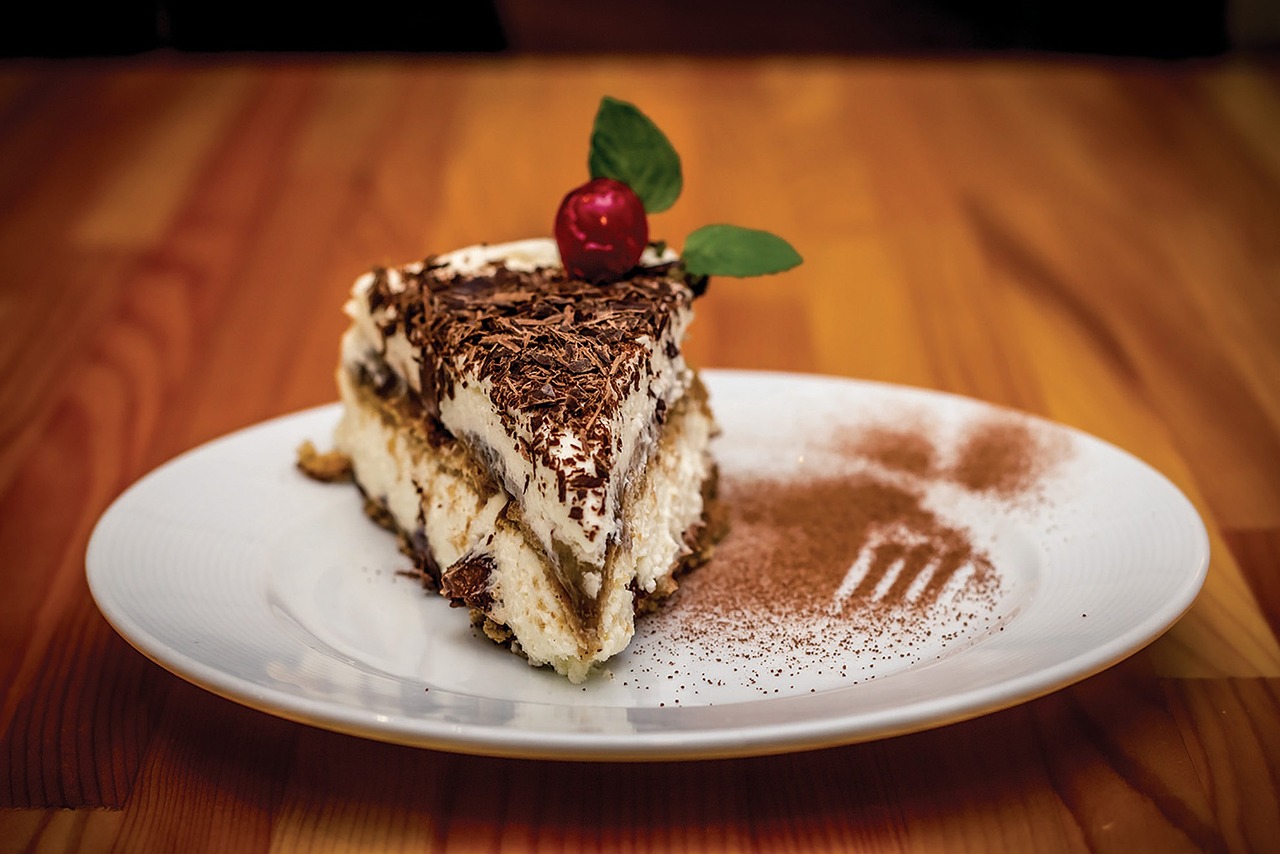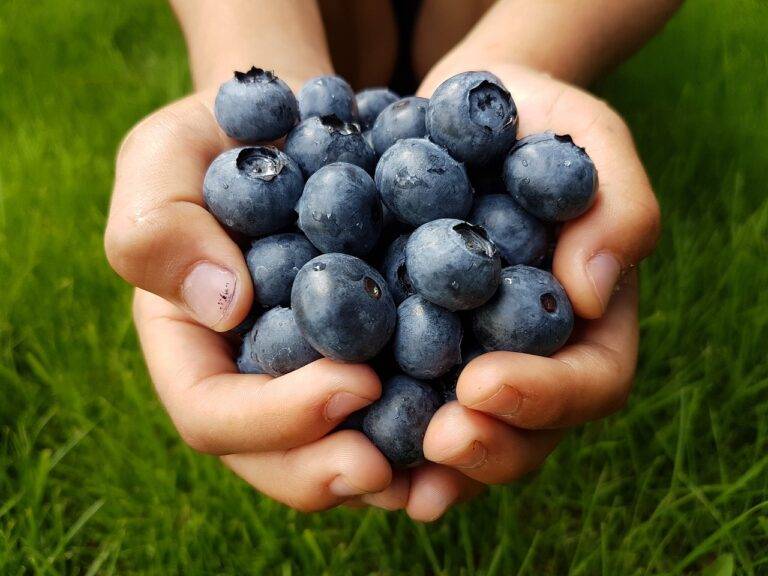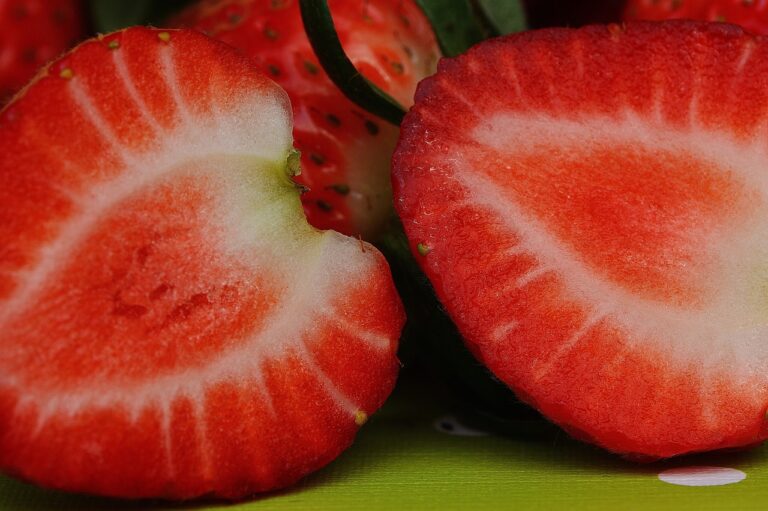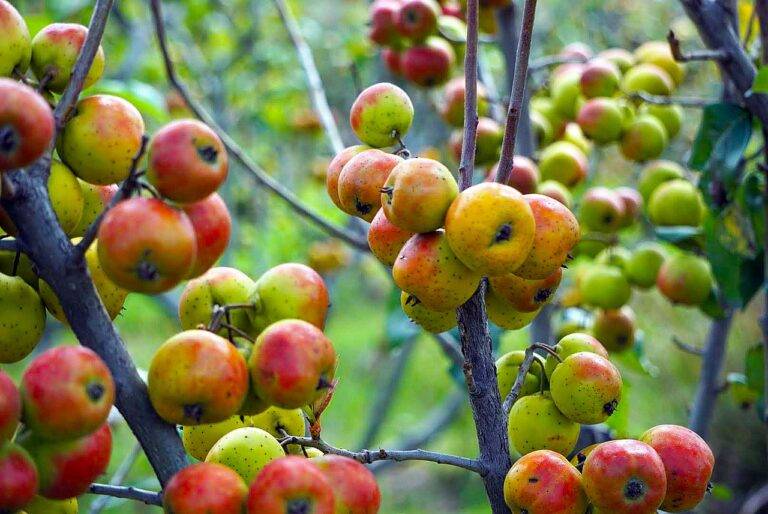Food and Indigenous Knowledge: Preserving Traditional Foodways
Indigenous food systems involve the interconnected practices of sourcing, preparing, and consuming food within Indigenous communities. These systems are deeply rooted in the land, culture, and traditional knowledge passed down through generations. For Indigenous peoples, food is more than sustenance—it is a reflection of their identity, history, and relationship with the natural world.
Traditional foods such as wild game, fish, fruits, and roots play a central role in Indigenous food systems. The process of gathering and harvesting these foods is often imbued with spiritual significance and cultural rituals. Additionally, traditional food systems promote sustainable practices that respect the land and biodiversity, ensuring the continued health and well-being of both people and the environment.
Importance of Traditional Foodways in Indigenous Communities
Indigenous communities around the world have long relied on traditional foodways to sustain themselves both physically and spiritually. The deep connection to the land and natural resources has shaped cultural identities and created a strong sense of belonging. Traditional food practices are not just about sustenance; they are integral to preserving customs, passing down knowledge through generations, and maintaining a harmonious relationship with the environment.
The importance of traditional foodways in indigenous communities goes beyond mere nutrition. These practices are embedded with cultural significance, rituals, and stories that form the fabric of community life. Traditional foods are often seen as sacred and are deeply tied to ceremonies, celebrations, and ways of honoring ancestors. By upholding and celebrating these food traditions, indigenous communities are able to reclaim and revitalize their cultural heritage, fostering pride and resilience in the face of historical and ongoing challenges.
Challenges to Preserving Indigenous Food Knowledge
Preserving indigenous food knowledge poses significant challenges in today’s rapidly changing world. One major obstacle is the threat of cultural appropriation, where traditional recipes and practices are co-opted without proper acknowledgment or respect for their origins. This erodes the authenticity and significance of indigenous foodways, undermining the connections to heritage and identity that these practices offer.
Additionally, the impacts of colonization have disrupted intergenerational transmission of food knowledge within indigenous communities. Forced assimilation, displacement from ancestral lands, and cultural suppression have severed the ties between elders and younger generations, hindering the passing down of traditional food practices. As a result, valuable culinary traditions risk being lost as fewer individuals have the opportunity to learn and carry forward this essential aspect of indigenous culture.
What are Indigenous food systems?
Indigenous food systems refer to the traditional methods of food production, harvesting, preparation, and consumption that have been passed down through generations within Indigenous communities.
Why is preserving Indigenous food knowledge important?
Preserving Indigenous food knowledge is important for maintaining cultural identity, promoting food sovereignty, and ensuring access to nutritious and sustainable foods for Indigenous communities.
What are some of the challenges to preserving Indigenous food knowledge?
Some challenges include loss of traditional knowledge due to colonization and forced assimilation, environmental degradation impacting food sources, and limited access to traditional lands for harvesting.
How can Indigenous communities work to preserve their food knowledge?
Indigenous communities can work to preserve their food knowledge by engaging in cultural revitalization efforts, promoting traditional farming and harvesting practices, and advocating for policies that support Indigenous food sovereignty.







